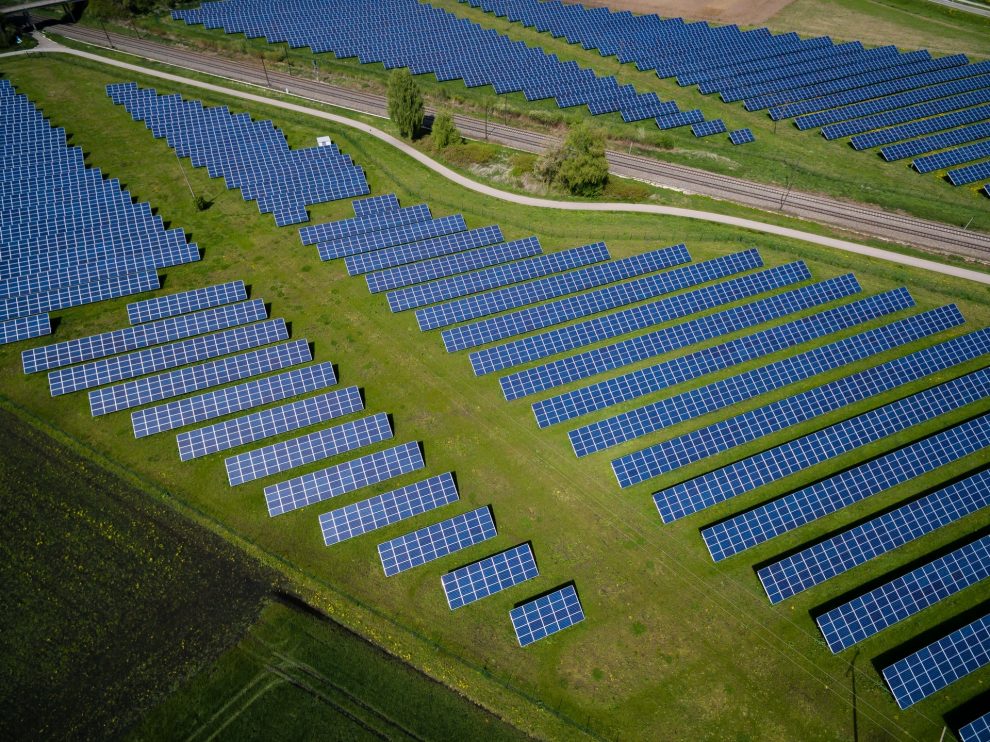Energy independence is a key factor in achieving sustainable success. In order to save money and create a more efficient business, it is necessary for businesses to implement an energy plan. An energy plan is simply a strategy that outlines every aspect of your business’s energy use. It helps you maintain your competitive advantage by helping your company save money, reduce carbon emissions, and comply with the government’s environmental policies.
Many small businesses often overlook the importance of having an energy plan as they may not think it is necessary or think it’s too expensive. However, even though a business needs one, that doesn’t mean that they need to spend a lot of money on it. Plus, a business needs to have an energy plan for their safety and well-being as well as for their success. Fortunately, there are lots of free resources available online that can help them save money and manage their expenses in order to make the best possible decision for their business’s future. In some cases, they are able to seek the help of energy management companies similar to Twin Eagle to aid with their future.
Strategies for Creating an Effective Energy Plan
Energy management is one of the most important aspects of a business’s success. It can fuel your business and its growth, but this is not always easy to do. There are some mistakes that you should avoid when creating an energy plan. You should also make sure that your plan includes strategies for managing energy use and costs. An effective energy plan must include data-driven decisions, innovative ideas, sustainable solutions, and a clear strategy for measuring results.
Energy is a precious resource, and it is important to get back on track for your business. Here are five strategies you can use to create an effective energy plan for your business.
- Maintain an energy audit
- Strategize the use of automation
- Optimizing your heating and air conditioning system
- Establishing a renewable energy source
- Implementing better design practices
While using these methods, it is important to remember that energy management is one strategy that companies need to focus on to increase their profits. In order for them to reduce their cost and increase their productivity, they need to figure out how much energy they actually need or how effective it is for them. And, there are other strategies like using renewable resources or energy-saving products that can help significantly improve an organization.
5 Key Factors to Consider When Crafting an Energy Strategy
Energy is a key factor in running a business. It includes buying and managing the energy, making sure the energy-saving measures are put in place, and selling this energy back to the grid.
One of the key factors to consider when crafting an energy strategy is how much you rely on your storage facility. This includes gas, coal, or any other type of fuel that can be stored or stocked for use in emergencies.
The other two factors include how much your business relies on its employees and their habits and technology used for production. Here are a few more things to consider when making an energy plan:
1. Understand Your Company’s Needs and Goals
This step is important because it helps you understand how your company measures energy use. Knowing what metrics they care about can help you avoid any confusion about the data. It can also give you insight into what your responsibilities will be in achieving those goals. For example, some companies may have a certain target for their CO2 emissions based on their annual production, so understanding that metric will help you see how your efforts will contribute towards meeting that goal.
2. Set Up a Business Energy Audit
A business energy audit is a great way to know precisely what you need in terms of energy. It will also help you understand how much money you can save by adjusting your building and equipment.
Prioritize the most costly areas in your business, and then look at solutions that will cut down on energy costs for these areas. For instance, if your company has an air-conditioning unit with inefficient windows, replace the windows with more efficient ones to reduce the amount of electricity used for cooling.
3. Create an Action Plan
If you have an idea for how you can cut down on the amount of power your company needs, go into the details and come up with a plan for how you will achieve this goal. This will ensure that your business is sustainable and doesn’t require assistance from other companies if things get tough. As a business owner, you should always think ahead and plan for the future so that your company is prepared for any challenges.
4. Get Designated Resources on Your Team
Energy is a resource that we all need to be in good and healthy condition. So it’s important to make sure your team is aware of some energy-generating strategies that can help your business grow.
Since energy is the lifeblood of any business, it’s important to ensure that your team understands your plans and goals in terms of resources. If not done, it could cause issues for your business. For example, it has been estimated that a company with no energy resources is likely to fail within three years, as compared to 10 years for one with poor energy management and plan practices.
5. Implement the Plan Properly
This is not an easy task and requires a lot of preparation in order to make it work. In order to start, you must first understand your business and the challenges that it faces. It is important to take the time to properly prepare for this transition so that your business isn’t left without power when you are ready to go live. Making sure you can operate during a power outage is also important because if your business can still operate while on the grid, there is no reason why it shouldn’t be able to function during a blackout under your energy plan.
Bottom Line
It is important for companies to assess their current situation and figure out how much they will need in the future when it comes to energy management. This will help them decide which sources of energy would be best for them. It is also important for businesses that are trying to save money on electricity to look into renewable energy sources as an option, especially if they need long-term savings on their budget. An energy plan helps businesses to keep on top of these assessments.














Add Comment